When was the last time you thought about your mental health? Was it today? Yesterday? Maybe a long time ago, if at all?
Well, if that’s the case, the good news is October is Mental Health Month - a great opportunity to reflect on your mental wellbeing.
But do you know how to do this?
If you don't, that's understandable! If you’re anything like me, you grew up in a culture that focussed on physical fitness and sporting excellence (and there’s nothing wrong with that!). Or, maybe you grew up with other values – succeeding at school and in work, or caring for others.
These things are of course, important. However, if we did not grow up considering our mental health, we may not know how to reflect on it. We might also struggle to find ways to improve it, let alone come up with a mental health plan.
To help you on this journey, the team at My Mirror and I have put together five ideas you may consider to support your mental wellbeing. These ideas have been selected or their simplicity and practicality, and include tips to make them more accessible.
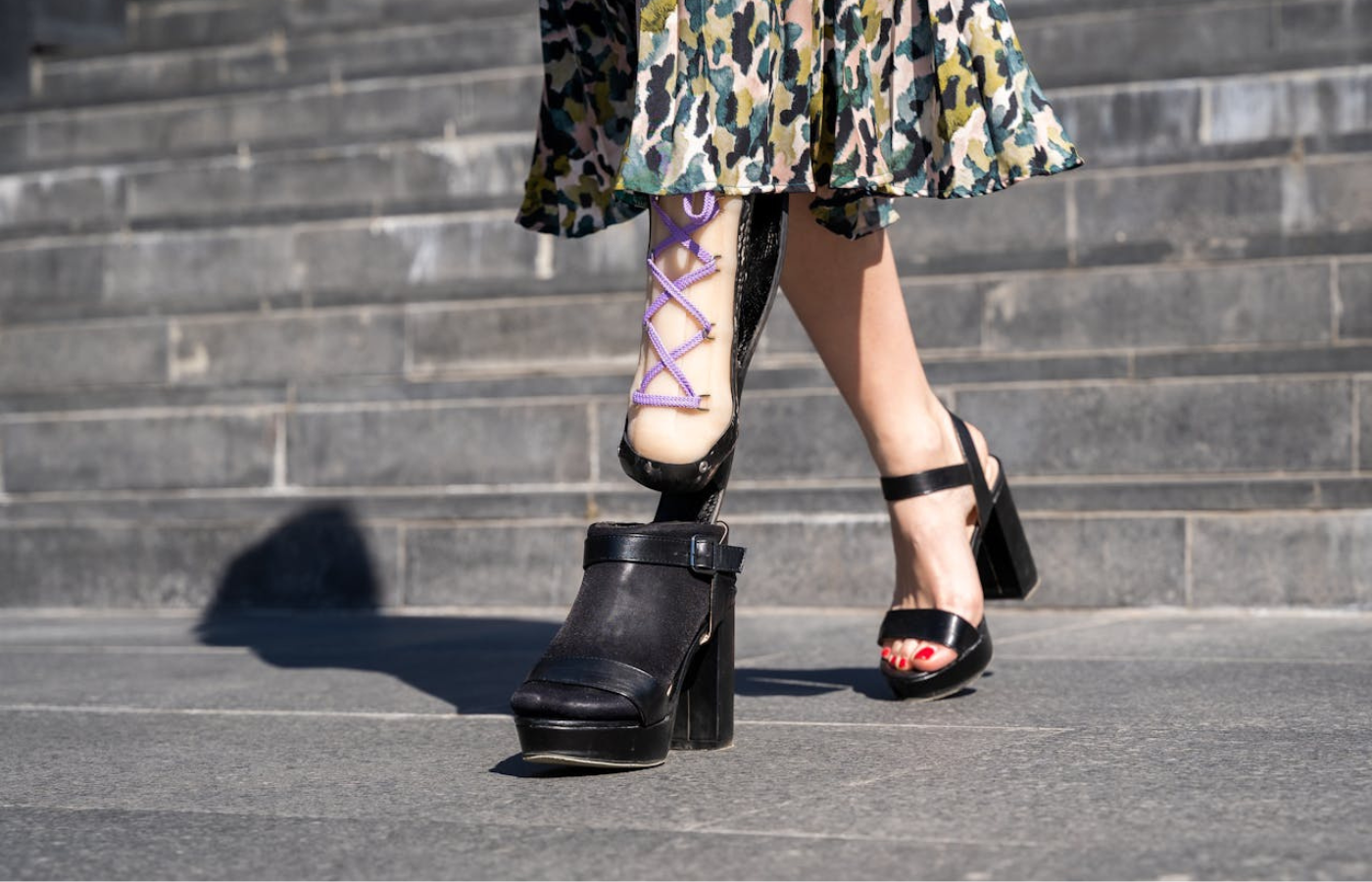
1. Talk to Your GP About a Mental Health Care Plan
If you have questions about your mental health, talk to your General Practitioner (GP)! Assuming you have a good relationship with your GP, they can helpful support people for your mental health and wellbeing.
If you don't have a GP, you can book a bulk billed consult for a Mental Health appointment with our partner Hola Health by clicking here.
In Australia, GPs can create a Mental Health Care Plan (MHCP). This provides access to Medicare subsidised sessions with a mental health professional, such as a Psychologist.
You don’t need to be in crisis to qualify for a MHCP. If you’re experiencing symptoms of depression, anxiety, or other mental health concerns, you may be eligible (Australian Government Department of Health and Aged Care, 2023). The plan typically includes:
- An assessment of your mental health, and discussing treatment options
- A referral to a Psychologist or other mental health professional
- Up to 10 subsidised sessions per calendar year - with a valid MHCP, you will get a Medicare rebate of either $98.95 or $145.25 per session (My Mirror, n.d.)
If you wish, you can request that your General Practitioner address your referral to My Mirror. My Mirror offers appointments with Psychologists registered and located in Australia 7 days a week.
Remember, almost all mental health concerns can be effectively treated with the right support (Better Health Channel, 2023).
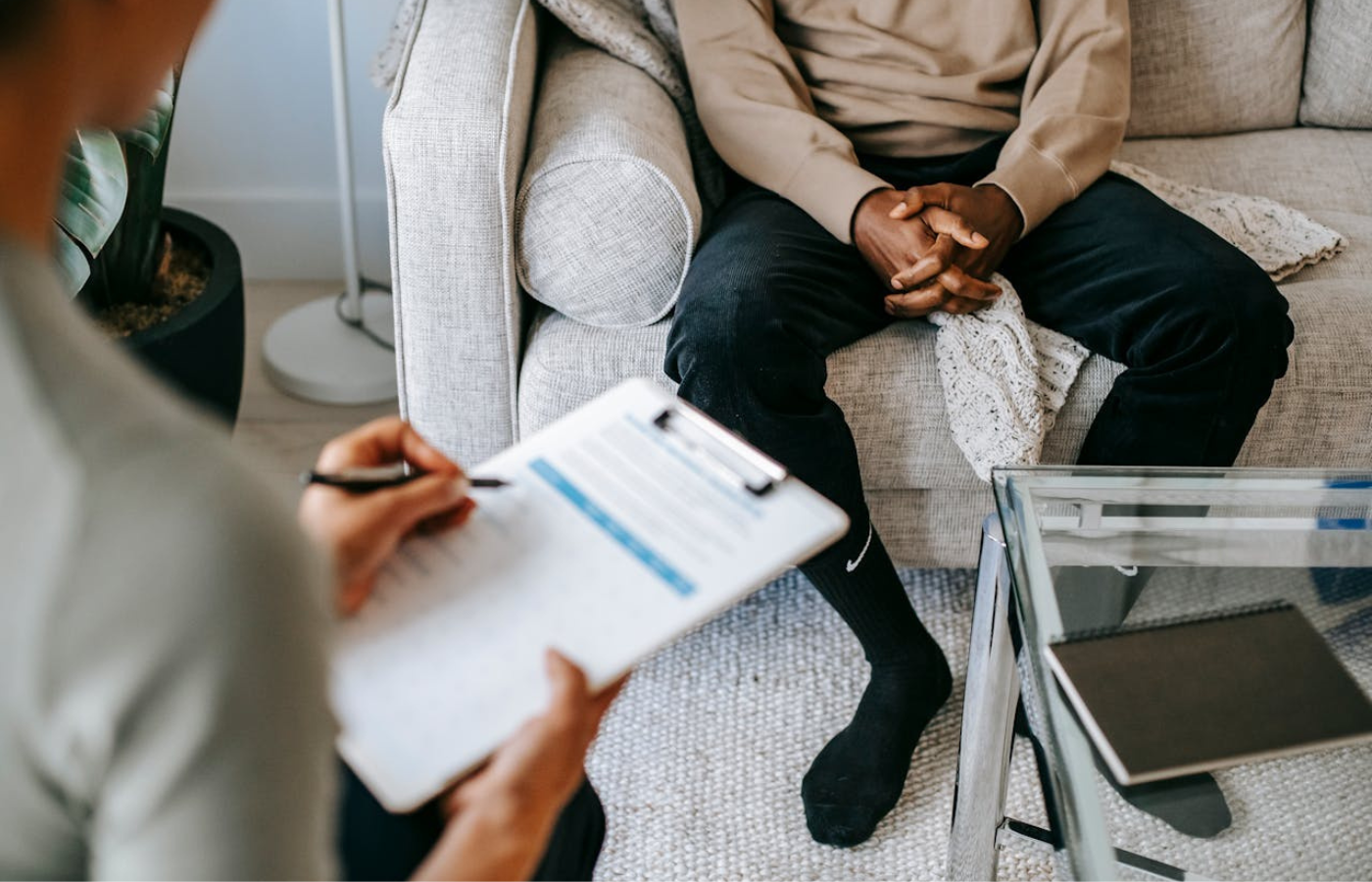
Accessibility tips:
If it is hard to get to a GP clinic, many doctors offer telehealth appointments including our GP partner Hola Health. This lets you talk to your doctor from home.
Consider asking for longer appointment times if you need more time to talk. You may also request a quiet time of day if you prefer a waiting room with fewer people.
If you use assistive technology, need help with communication, or prefer written information, you have the option to tell the GP clinic when you book. They may be able to provide accessible formats or helpful communication options.
You’re also welcome to bring a support person with you, whether that’s a friend, family member, or carer. These small adjustments can make a big difference in helping you feel safe, heard, and supported.
2. Ask Yourself: “Am I OK?”
We often ask others how they’re doing—but how often do we check in with ourselves?
Self-reflection can be a powerful tool for mental health. It helps us notice changes in mood, energy, motivation, behaviour and other factors in our everyday life. Changes to these factors can be early signs that something’s not quite right (Better Health Channel, 2023).
You might try asking yourself:
- Am I sleeping more or less than usual?
- Have I lost interest in things I usually enjoy?
- Am I feeling more irritable, withdrawn, or overwhelmed?
If the answer to any of these is “yes,” it might be time to reach out for support. You can start by talking to a trusted friend, your GP, or a mental health professional. You can also do a self check-in using our My Mirror Mental Health Check In Tool.
Self-awareness is an important step toward change. When we acknowledge our needs, we may begin to meet them (Better Health Channel, 2023).
Read more: Am I Ok? A Psychologist’s Guide to Self-Reflection and Well-Being. This article explores even further how to recognise when you might need help and what steps to take next.

Accessibility tips:
Checking in with yourself doesn’t have to be hard!
To make self-reflection easier, set a regular reminder on your phone or calendar. Take a moment to ask yourself how you really feel.
You may find it helpful to write down your thoughts. You can also use a mood tracking app.
If journalling feels hard, try recording a voice note. If you prefer visual tools, consider using a simple colour scale or emoji chart to rate your mood each day.
These small changes can make self-check-ins easier and more sustainable. This is especially true if other methods don’t suit your style or needs.
3. Get Outside—Solo or With Others
Spending time outdoors may be a simple and effective way to support your mental health. Whether it’s a walk around the block, a bushwalk, or joining a community event, movement and fresh air can help to improve your mood (Better Health Channel, n.d.).
Research shows that time in nature may (University of Queensland, 2025):
- Reduce stress and anxiety
- Improve sleep quality
- Boost concentration and creativity
- Increase feelings of calm and connection
Nature and movement are natural mood boosters. They help regulate our nervous system, reduce cortisol (the stress hormone), and promote a sense of wellbeing (Healthdirect, n.d.; Queensland Brain Institute, n.d.).
Even 20 minutes a day can make a difference. And if you’re not up for a big outing, that’s okay. Start small - like sitting in the sun with a cup of tea or walking barefoot on the grass.
If you're looking for an organised walk this month, One Door are running a Wellness Walk in Sydney next weekend for Mental Health Awareness Month. You can find out more here.
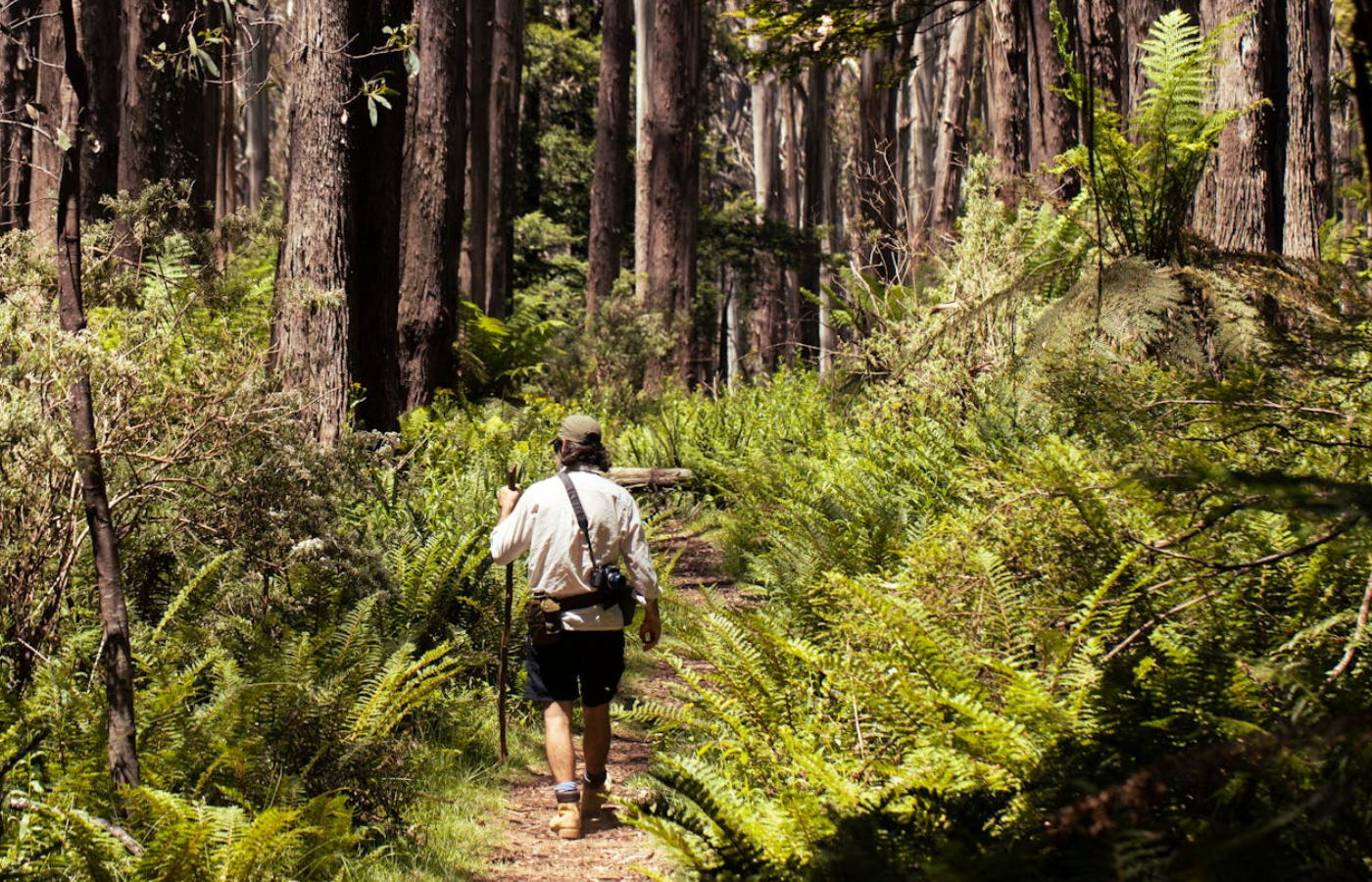
Accessibility tips:
Getting outside doesn’t have to mean a long hike or a big event — it can be whatever feels manageable and enjoyable for you.
If mobility, energy levels, or time are limited, consider starting with small, lower effort activities like sitting near an open window, spending time on a balcony or in a courtyard, or simply stepping outside for a few minutes of fresh air.
And how fresh is that air? Consider checking a local air quality index before heading outdoors, or use an online service relevant to your state to check for hazards that may impact on air quality.
And if you do decide to go outside, and if walking is part of your plan, you may choose flat, familiar routes. Use your mobility aids if needed. You can also look for accessible parks or walking paths with seating, shade, and clear signage.
4. Check in With a Friend
Connection can be a protective factor for mental health; when we feel seen, heard, and supported, we’re often more resilient in the face of stress and adversity (R U OK?, 2023).
This month, you are welcome to take a moment to check in with someone you care about. It could be a friend, colleague, neighbour, or family member. A simple “How are you going?” can open the door to a meaningful conversation, if this is something you feel comfortable doing.
If you’re not sure how to start, the R U OK? initiative offers practical tools and conversation guides. Their four-step approach—Ask, Listen, Encourage Action, and Check In—can help you support someone who may be struggling.
You don’t need to fix anything. Just being present and listening without judgment can make a difference.
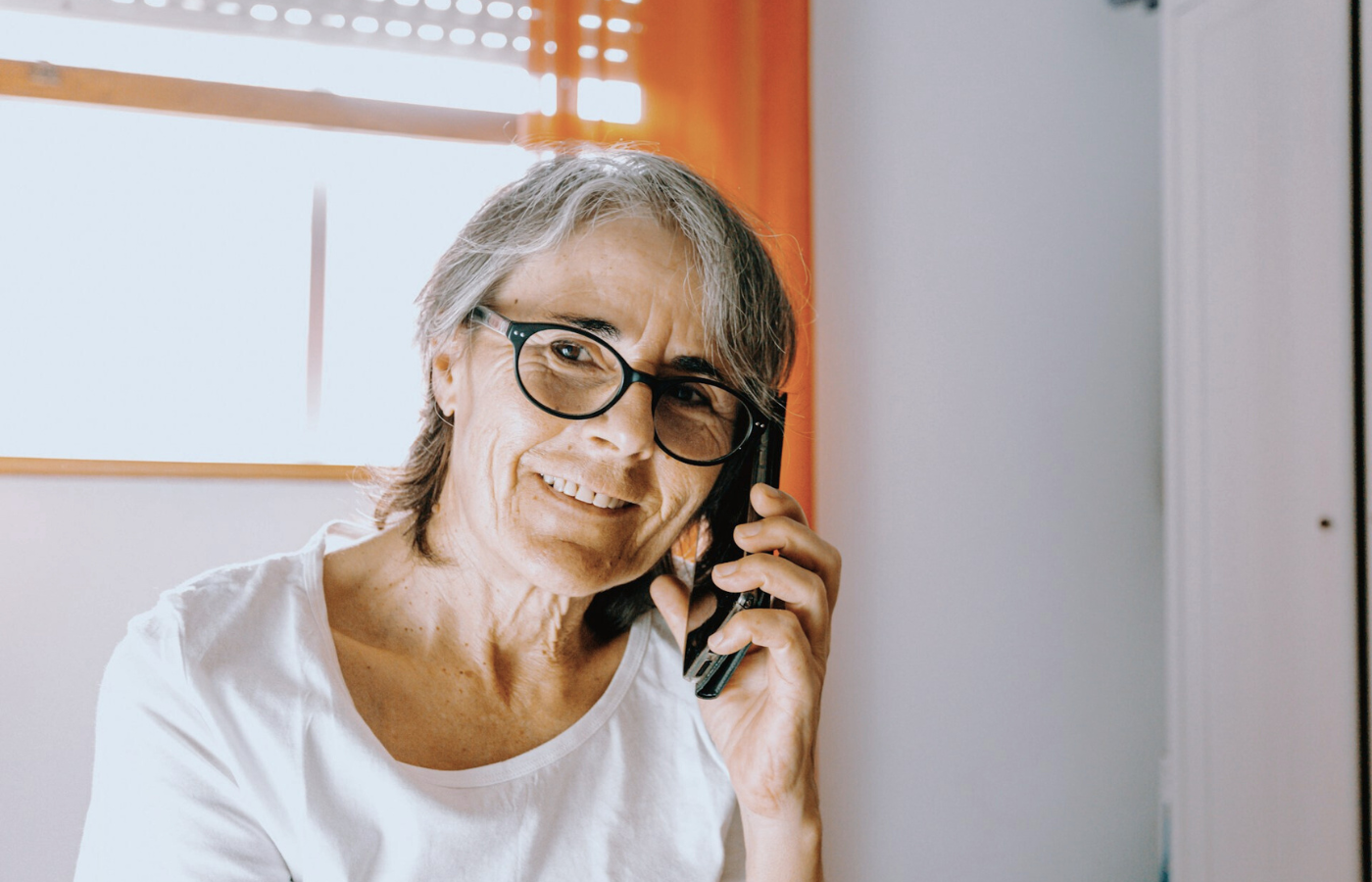
Accessibility tips:
Reaching out to someone doesn’t have to be a big gesture. A short message or a quick call can make a big impact.
If face-to-face conversations feel difficult or aren’t possible, consider sending a text, voice note, or email.
You might also use social media or messaging apps to stay connected in ways that feel natural to you.
If you prefer structure, the R U OK? conversation guide offers a clear, step-by-step approach that can help ease any uncertainty.
And if you find social interactions draining or overwhelming, it’s okay to set boundaries around how, when and if you connect. The goal isn’t to be perfect — it’s to be present in a way that feels safe and manageable for you.
5. Try a Mindfulness Moment
Small daily habits can have a big impact on how we feel. A reasonably accessible and effective one is mindfulness—the practice of gently bringing your attention to the present moment (Black Dog Institute, 2025).
Mindfulness doesn’t have to mean long meditations or perfect stillness. It can be as simple as noticing your breath, paying attention to the sounds around you, or doing a short body scan before bed.
Other mindfulness-based wellbeing ideas include:
- Sense based exercises: Like noticing 5 things you can see, 4 things you can hear...
- Digital boundaries: Pause and notice how you feel before reaching for your phone.
- Sleep hygiene: Wind down with a mindful evening routine—dim lights, slow movements, quiet sounds.
- Acts of kindness: Be present with someone else’s needs, even in small ways.
Mindfulness practices have been shown to support emotional regulation, reduce stress, and improve overall wellbeing (Black Dog Institute, 2025).
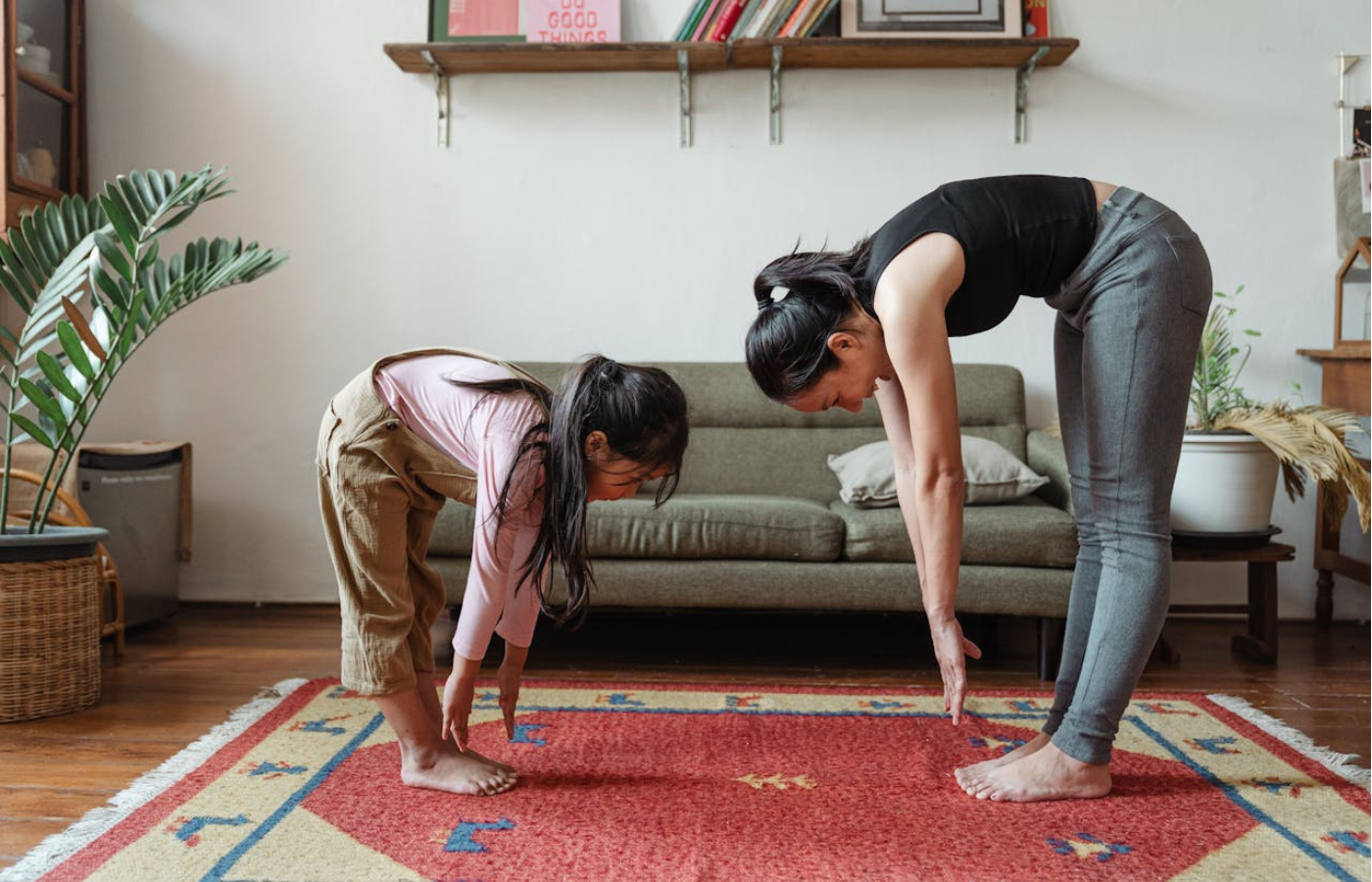
Accessibility tips:
Mindfulness can be adapted to suit your energy, mobility, and preferences.
If sitting still is difficult, you might like to try mindful movement—stretching, walking, or even gentle rocking.
If you prefer audio, a guided meditation app could be suitable, or even recording your own voice talking through a mindfulness script.
If you’re more visual, focussing on colours, shapes, or light patterns could be more your speed. The key is to choose small, meaningful actions that fit into your life and feel doable.
Final Thoughts
Mental Health Awareness Month is a reminder that your emotional wellbeing deserves attention, care, and support. These five steps are relatively simple, and can be adapted as needed.
- Talk to a GP about a Mental Health Treatment Plan
- Ask yourself: “Am I OK?”
- Get outside—solo or with others
- Check in with a friend
- Try a Mindfulness Moment
You don’t need to do them all (if you choose to do them at all). Consider starting with one, and repeating it until it becomes a habit. Or you might like to try multiple. There is no one size fits all approach that suits everyone.
And remember, if you do decide you need to reach out for to a GP for a Mental Health Care Plan, seeking support in this way is not a weakness - it takes courage.
If you're ready to take the next step, consider booking a session with a psychologist through My Mirror.
You don’t need to wait for a crisis to seek support.
We so look forward to meeting you.
The information in this blog post is for general educational purposes only and does not replace professional psychological advice. If you are experiencing psychological distress please seek support from a qualified mental health professional. In an emergency contact 000.

References
Australian Government Department of Health and Aged Care (2023). Better Access initiative.
Better Health Channel (n.d.). Exercise and mental health.
Better Health Channel (2023). Early signs and intervention with mental illness.
Beyond Blue (2023). Looking after your mental health.
Black Dog Institute (2025). Mindfulness and meditation.
Healthdirect (n.d.). The role of cortisol in the body.
My Mirror (n.d.). Medicare rebates for online psychology.
University of Queensland (2025, August 26). Can having access to leafy spaces improve your health?
Queensland Brain Institute (n.d.). Autonomic nervous system.
R U OK? (2023). How to ask R U OK?.